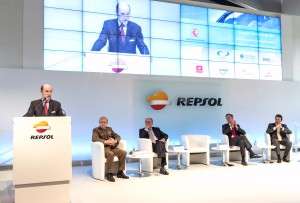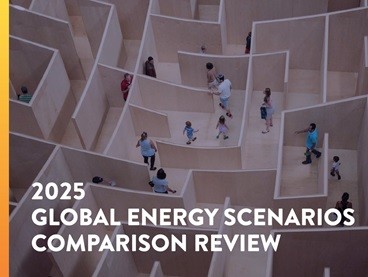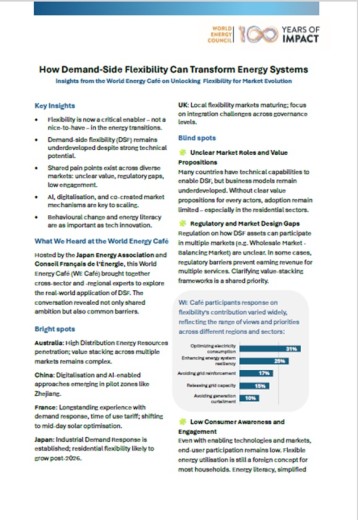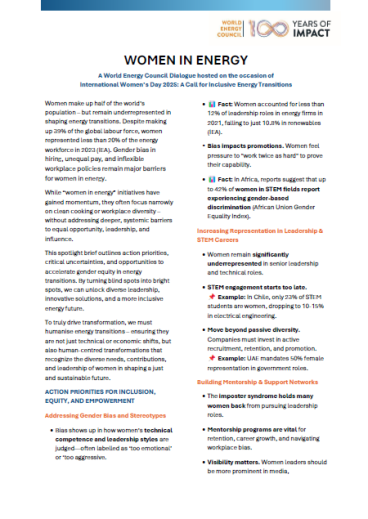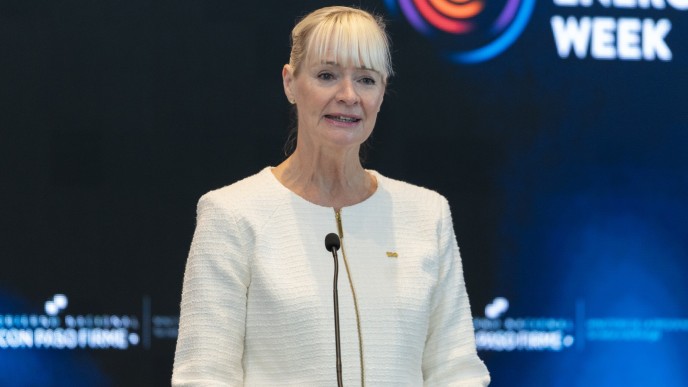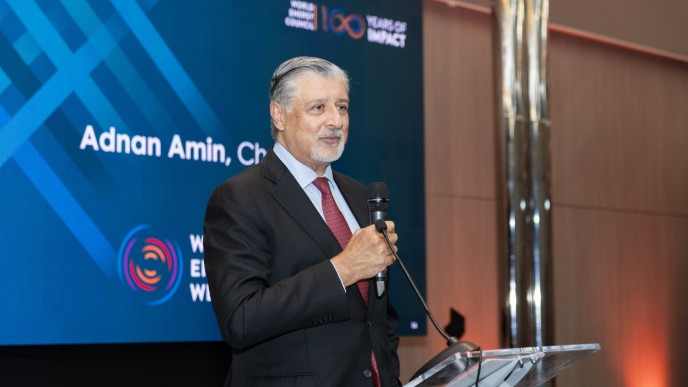Energy-related factors have a bearing on the global geopolitical and geostrategic scenario in the same way as the general geopolitical framework places conditions on the parameters that define the energy environment. Both concepts are also deeply inter-related from a nation’s security point of view.
These are some of the conclusions included in the latest publication of the World Energy Council Spain “Energy and Geostrategy 2015”, co-edited with the Spanish Ministry of Defence.
A clear and recent example of this close relationship is the impact of the drop in the price of oil - apart from being an opportune lifesaver for many world economies, it revolves mainly around the sudden reduction in income obtained by the exporters.
Taking part in the launch, the Spanish Secretary of State for Defence, Pedro Argüelles Salaverría, said that a low oil price is threatening the stability of production areas such as Yemen, Libya, Syria and Iraq, and thereby generating uncertainty in neighbouring countries. That is the reason why the Spanish Government and its armed forces are involved in certain initiatives that seek stability and safety.
Collaboration between the World Energy Council Spain and the Spanish Institute for Strategic Studies (IEEE), an agency of the Ministry of Defence of Spain, began in 2014 with the publication of the book “Energy and Geostrategy 2014”.
Speaking at the launch in Madrid on 13 May, Dr. Arturo Gonzalo Aizpiri, Chair of the World Energy Council Spain, said:
The issues reviewed in the current edition reveal that over the past year we have witnessed a variety of events that have had a major effect on the layout of the geostrategic global energy map, meaning that it is undoubtedly necessary to broaden the perspective from which to approach the significant changes observed. These topics include Russia and Europe’s energy security, the effects of conflicts in the Middle East on the energy industry, the prospects for nuclear energy, universalisation of electricity supply and the energy geopolitics of the Artic.
According to Claudio Aranzadi, former Minister of Industry & Energy and coordinator of the project, there is an inherent complexity and uncertainty in the global energy environment. As mentioned before, the recent triggering of the fall in oil prices was not expected by many experts, and neither was the subsequent reaction of Saudi Arabia and the OPEC. Furthermore, the new geopolitical positioning of Russia in the aftermath of the Ukraine Crisis has led to significant changes in the global geostrategic energy scenario that had not been fully anticipated a few years ago.
Brigadier General Miguel Ángel Ballesteros Martín, Director of the Spanish Institute for Strategic Studies, highlighted the influence of geopolitics on energy security in Europe, the urge of self-supply as a measure to enhance the nation’s energy security, as well as the crucial need for greater interconnection capacity in the European territory.
The Brigadier General said:
The World Energy Council Spain is including “Energy and Geoestrategy” as one of its key projects in its strategic plan for 2014-2017 in order to consolidate it as a reference document in the sector, with a presentation event being one of the essential annual gatherings in its national energy agenda. The 2015 event drew more than 350 attendees including senior energy and defense experts, CEOs and top executives of the Spanish committee’s member companies.

